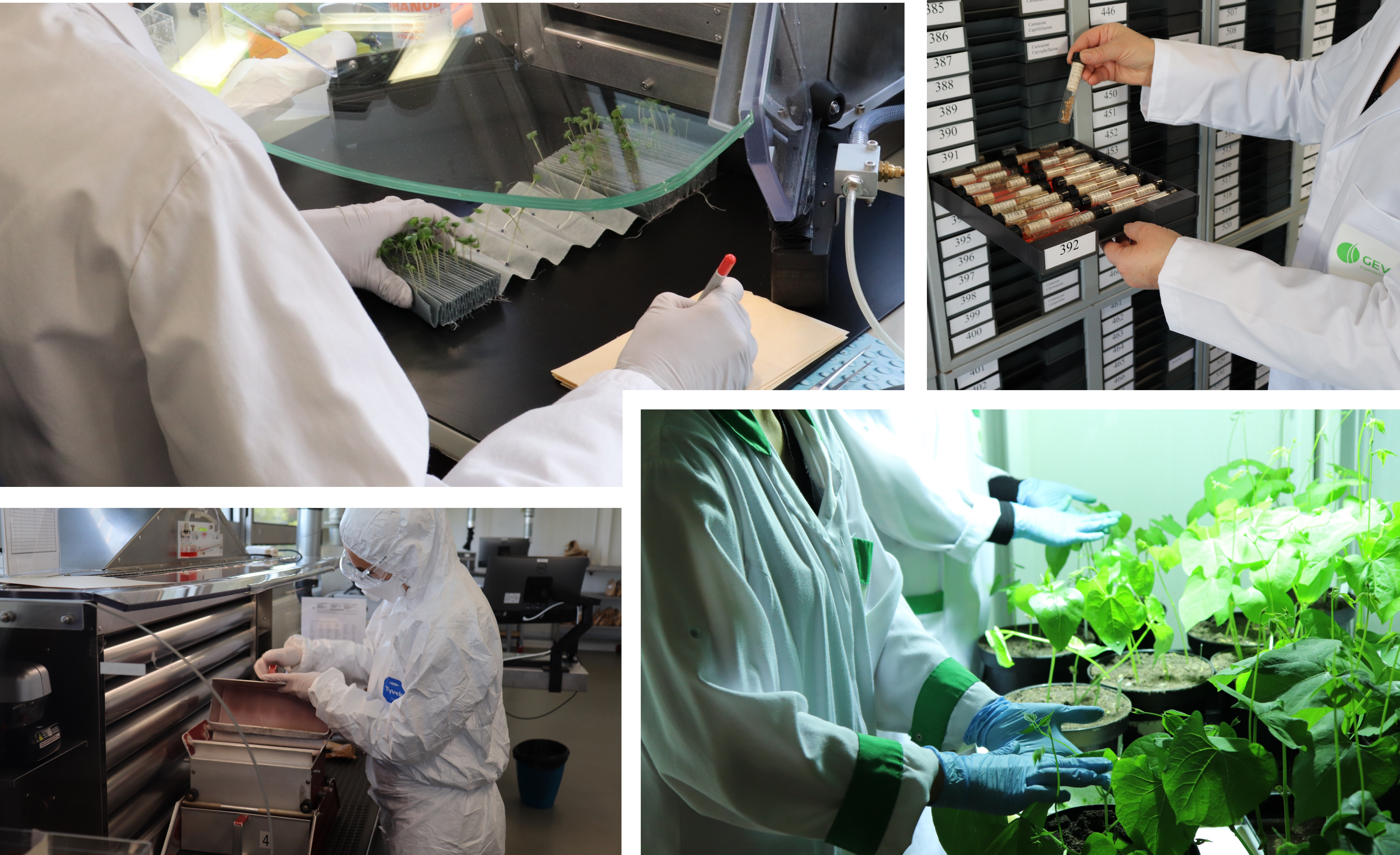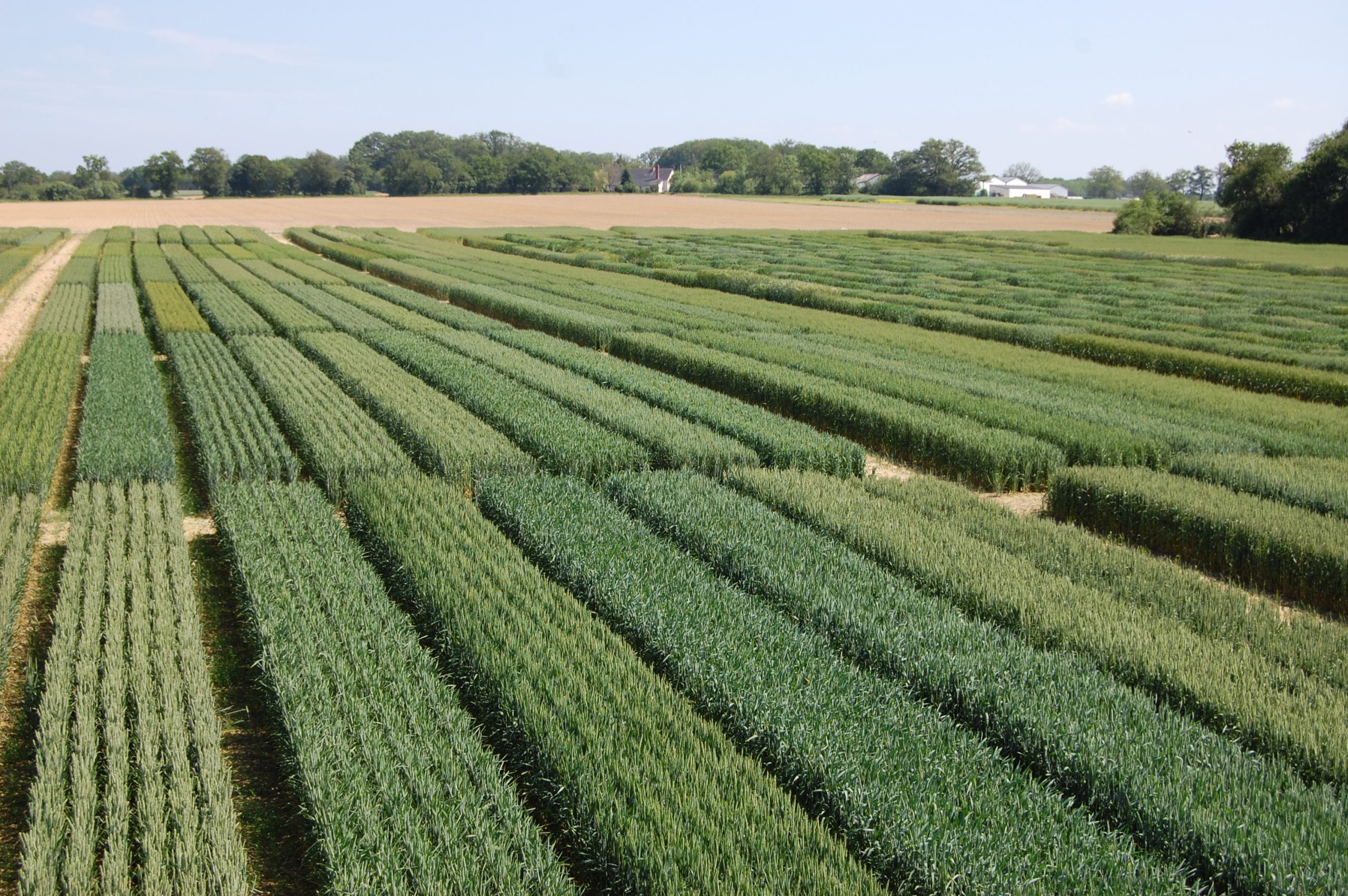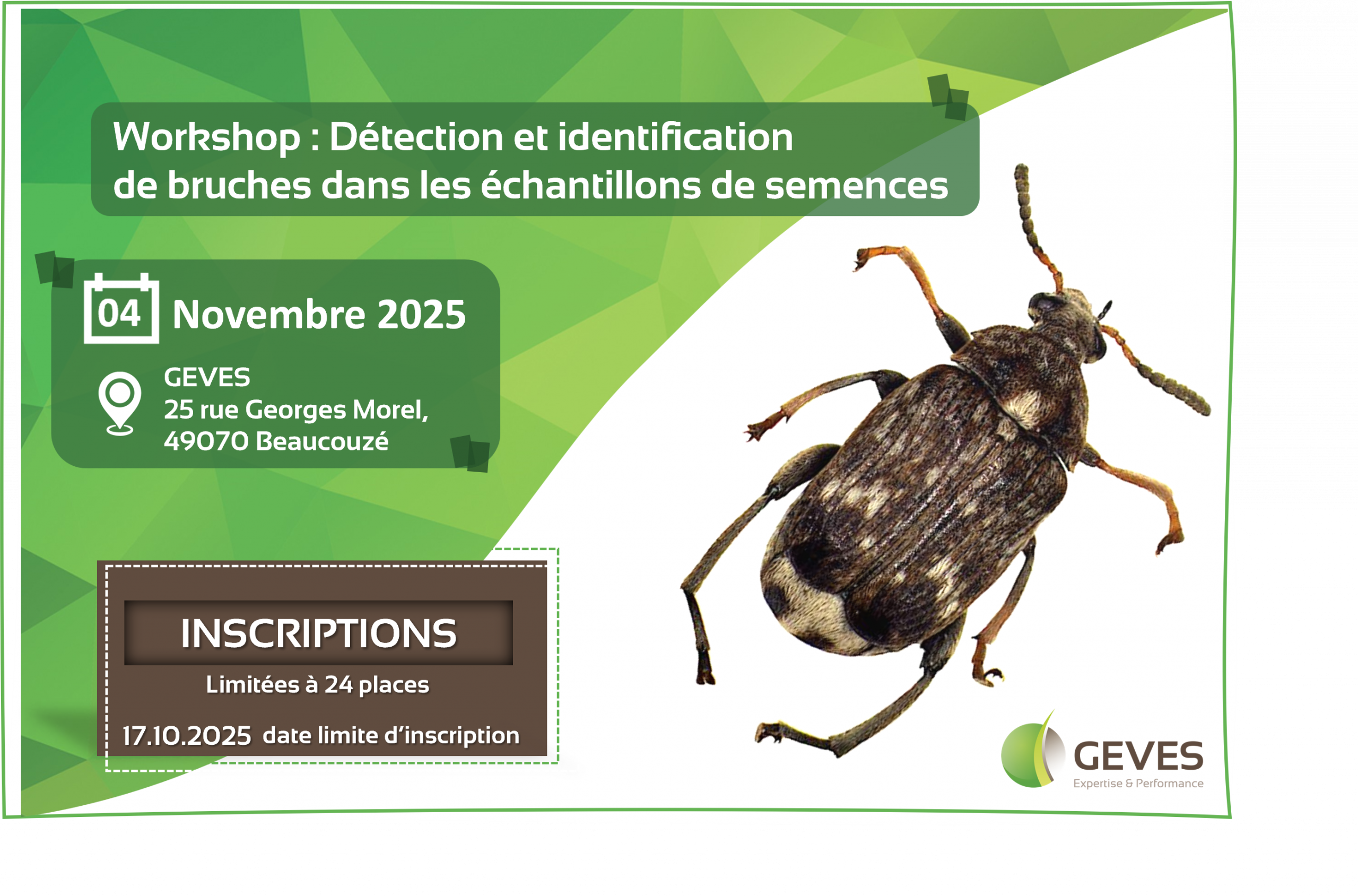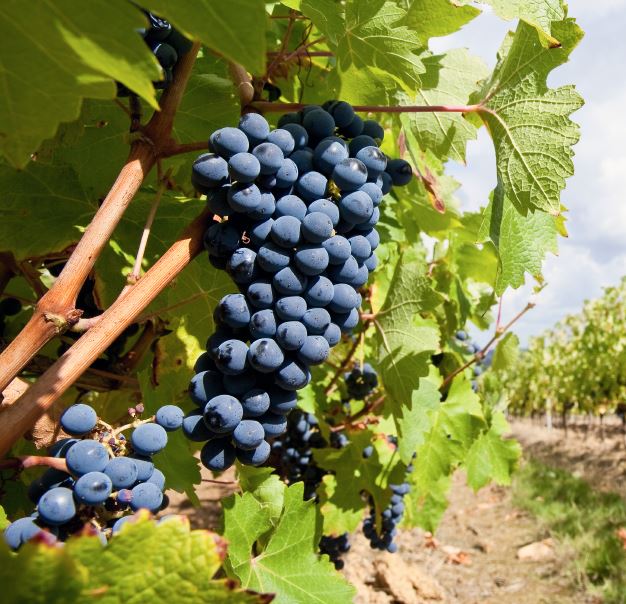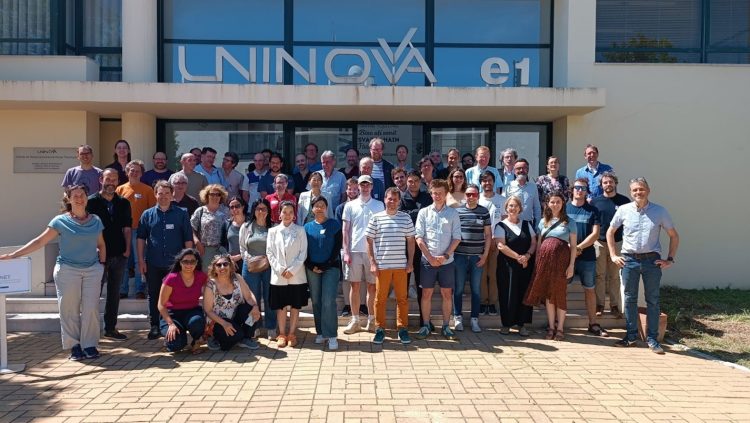
2025 General Assembly of the European PHENET project
From 19 to 22 May 2025, the general assembly of the European “PHENET” project on the development of new phenotyping and envirotyping methods was held in Lisbon, hosted by the “Instituto de Desenvolvimento de Novas Tecnologias”. In this context, Valérie Cadot from GEVES presented two videos on the results of symptom quantification predictions, based on artificial intelligence models using RGB imaging for two pairs: wheat fusarium head blight and barley dwarf yellows. These models could replace visual ratings for evaluating varietal resistance/tolerance to pests and diseases in the context of registration in the French Catalogue.
At this general meeting of the European Phenet project, in addition to the statutory presentation of the project’s progress, each “Use Case” was able to present its progress, in particular UC1 “Plant Health”, in which GEVES is involved with CRA-W in Belgium and Agroscope in Switzerland. The objective of this UC is to validate sensors and a methodology dedicated to the evaluation of biotic stress in wheat.
Building on the experience gained through the European H2020 INVITE project, GEVES continued its phenotyping efforts on fusarium head blight in wheat in 2023-25, with the support of a fixed-term contract employee, Seydina Kone, in image analysis, in:
- choosing low-cost, high-throughput phenotyping tools (smartphones and RGB cameras) to acquire thousands of RGB images in the field,
- building deep learning models,
- developing an initial user interface to display the results.
The use of artificial intelligence through deep learning to detect and quantify symptoms can be transferred to other species/pest combinations, particularly for re-emerging diseases linked to global warming and the reduction in pesticide use. Thus, following the withdrawal of neonicotinoids, GEVES chose to apply a similar methodology to assess varietal tolerance to Barley Yellow Dwarf Virus (BYDV), the virus responsible for barley yellow dwarf disease (BYDD), which is transmitted by aphids. As the genetic potential of BYDV-tolerant varieties is a key factor in the development of new barley varieties, all varieties under consideration for inclusion in the French Catalogue are now being evaluated for their tolerance to BYDD. GEVES has developed two types of deep learning based on RGB imaging to replace visual ratings in the field and wishes to validate them at other sites to reinforce their robustness.
These results will be presented at the 14th International Conference on Plant Diseases (CIMA) – 2, 3 and 4 December 2025 – Angers Exhibition Centre – France

